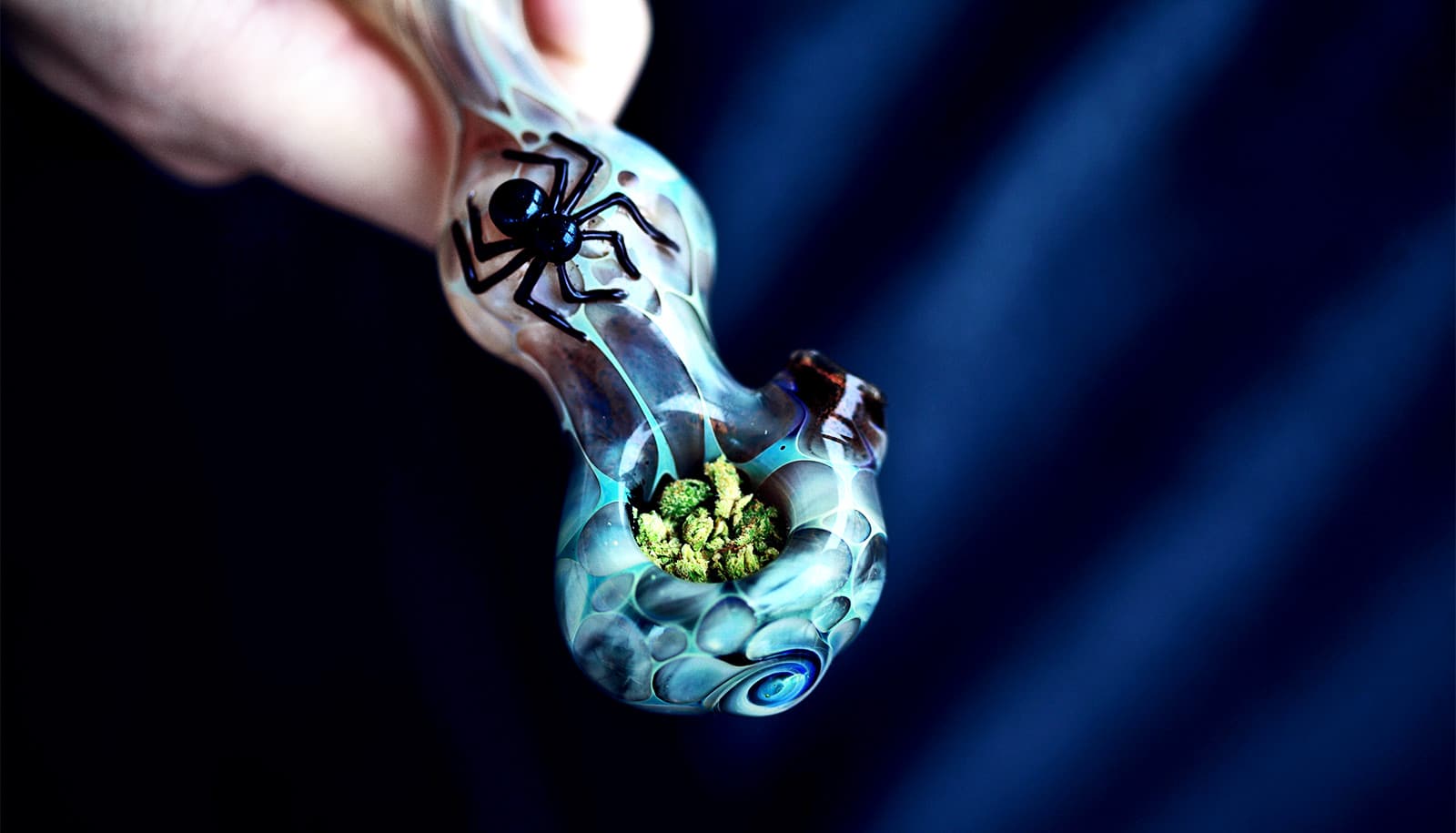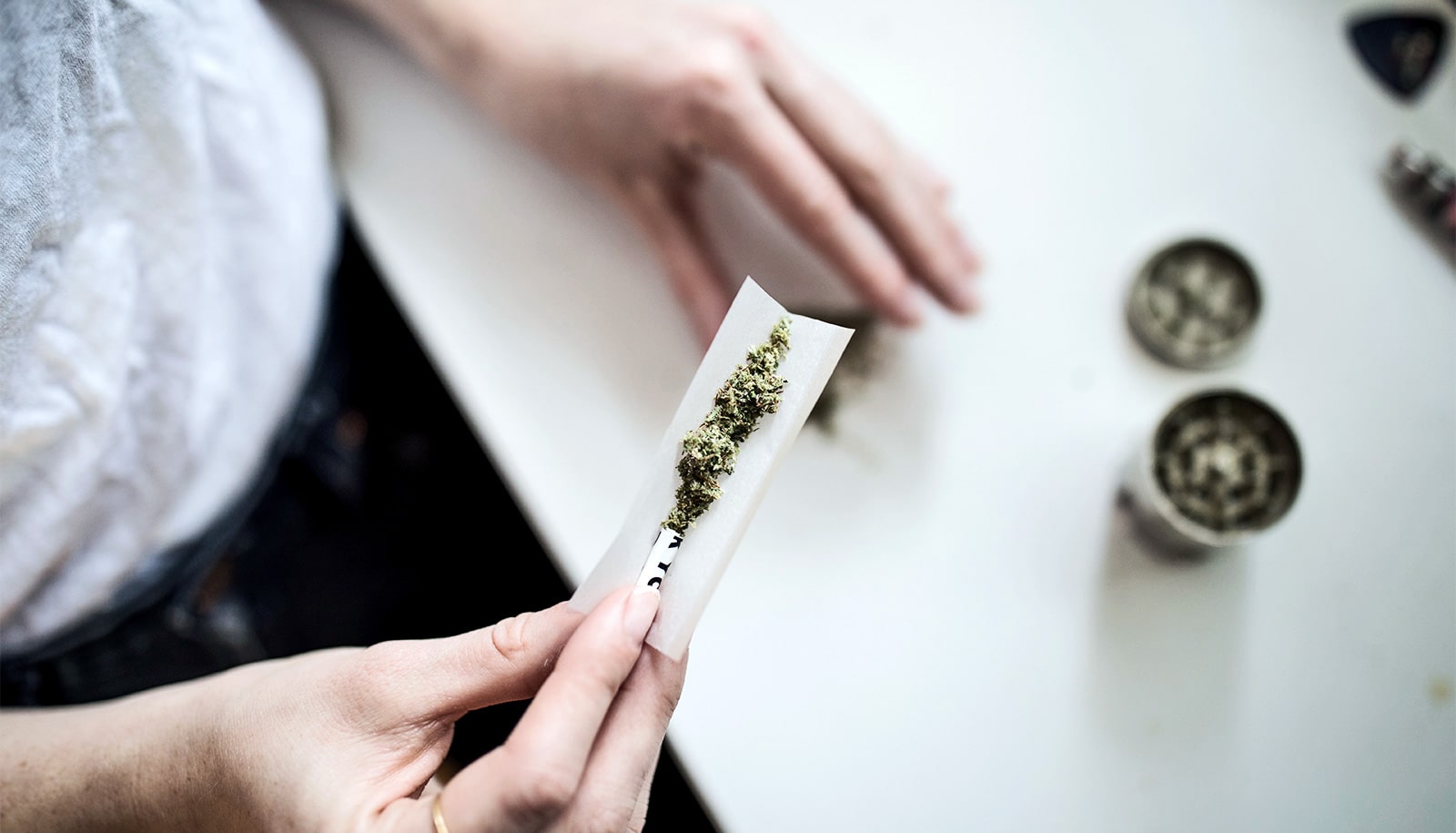Male marijuana use alters sperm prior to mating, according to a new study with rats.
That causes offspring to develop distinct abnormalities in areas of the brain that help govern learning, memory, reward, and mood, the researchers find.
In the study, in which researchers only exposed the males to marijuana prior to mating, the brain anomalies of the offspring closely resembled changes that evident in human babies exposed to known neurotoxins such as pesticides and tobacco smoke as fetuses.
“Our findings are translatable from rats to humans because the same brain circuits are involved in both humans and rats,” says senior author Theodore Slotkin, professor in the pharmacology and cancer biology department at Duke University.
Changes in the father’s sperm affect how the offspring’s brains develop in the womb, Slotkin says.
“This study demonstrates that the marijuana use by fathers, not just mothers, can have an impact on the health of offspring even when use occurs before conception,” Slotkin says.
Slotkin and colleagues designed the study to track whether offspring experienced any effect from a father’s pre-mating exposure to marijuana, specifically to the chemical THC that is responsible for the drug’s high.
While other studies have tracked the effect of maternal use of THC or marijuana during pregnancy, few studies have concentrated on fathers’ use. Last year, a separate research team found that a specific gene associated with autism appears to undergo changes in the sperm of men who use marijuana.
“Building on that work, we now show that paternal marijuana use affects brain development of offspring,” Slotkin says.
Changes in the father’s sperm affect how the offspring’s brains develop in the womb, he says. Key neurological pathways form, but their activity is suppressed, causing functional deficiencies that affect learning, memory, and attention.
“These findings are particularly important now as more states legalize marijuana, while the impact of both active and passive exposures are not fully understood,” Slotkin says.
The research will appear in Toxicological Sciences. Support for the research came from the John Templeton Foundation.
Source: Duke University



